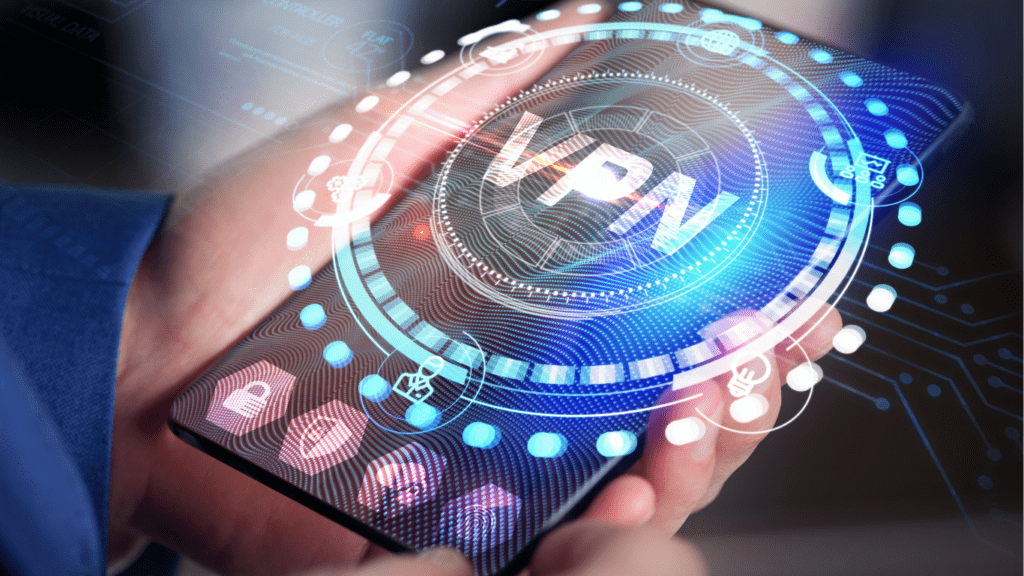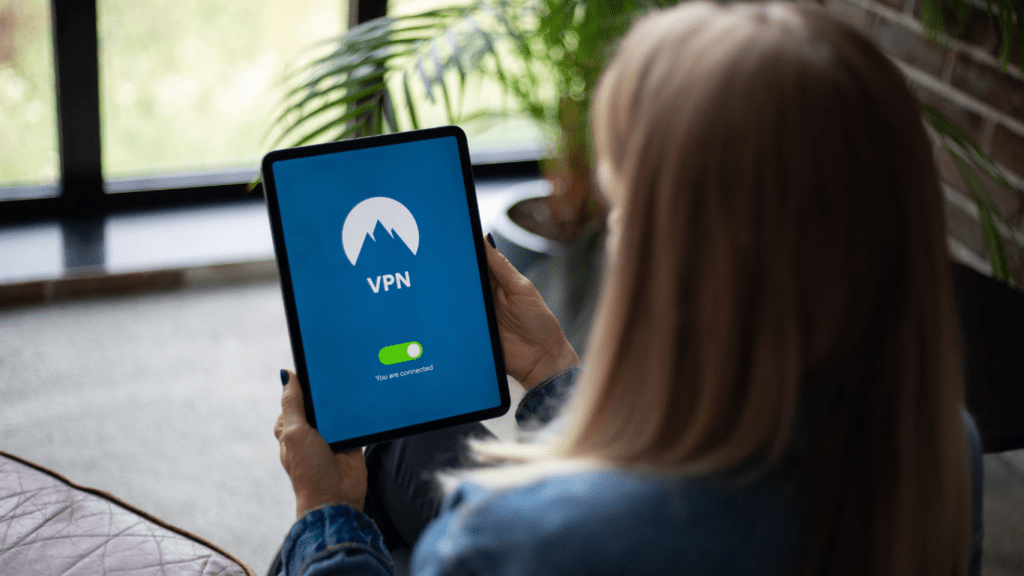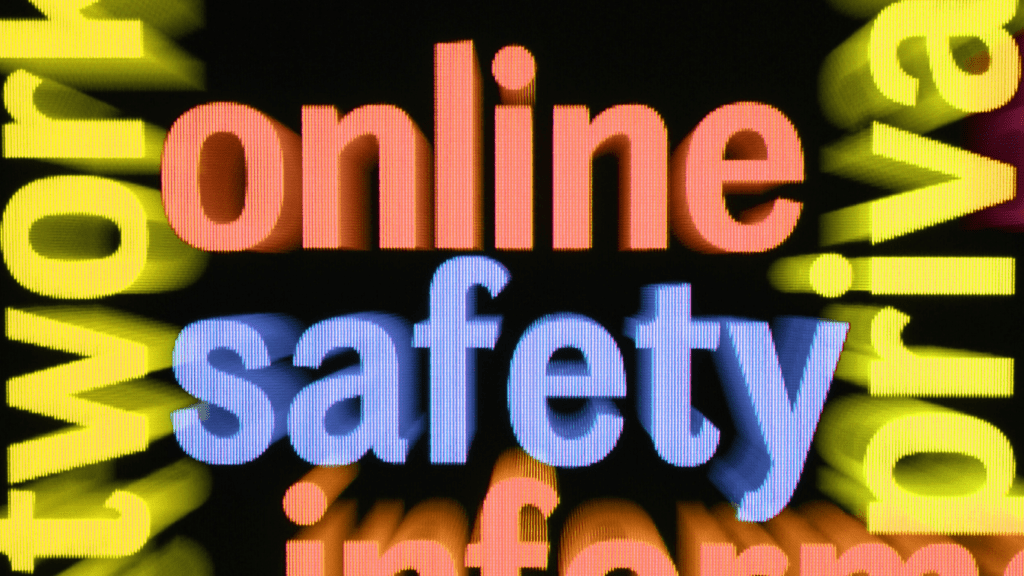VPNs have become a buzzword in the digital world, promising everything from online privacy to unrestricted access to global content. I’ve noticed more people than ever considering whether they truly need one, especially as our lives become increasingly connected. But with all the hype, it’s easy to wonder if VPNs are as essential as they’re made out to be.
What Is a VPN and How Does It Work?
A Virtual Private Network (VPN) creates a secure, encrypted connection between your device and the internet. This tunnel shields your data from unauthorized access during its transmission. By routing your online traffic through a VPN server, it disguises your IP address, replacing it with the server’s address.
Encryption is the backbone of VPN technology. It scrambles your data, making it unreadable to hackers, internet service providers (ISPs), or other third parties. Advanced encryption protocols, like AES-256, ensure that only intended recipients can decode the information.
VPNs also facilitate location masking. When connected, the server’s geographic location appears as your own, giving you access to region-restricted websites and services. For instance, users in countries with content restrictions can browse as though they’re in less controlled regions.
VPN software operates across multiple devices, including:
- smartphones
- tablets
- computers
ensuring consistent protection. Compatibility varies by provider; some apps may support more devices simultaneously or offer better user interfaces.
The Pros of Using a VPN
Using a VPN offers significant advantages, particularly in enhancing security and granting access to restricted digital resources. Below, I’ve detailed key benefits under specific aspects.
Enhanced Online Privacy and Security
A VPN increases online privacy by encrypting your internet connection and data. This encryption protects sensitive information, like login credentials and financial data, from hackers and surveillance. For example, with AES-256 encryption, even intercepted data remains indecipherable.
Privacy is also improved by masking your IP address. This makes tracking your online activities difficult for advertisers, cybercriminals, and even Internet Service Providers (ISPs).
Access to Geo-Restricted Content
VPNs enable access to restricted content by allowing you to connect to servers in different locations. This bypasses regional blocks on platforms like Netflix, YouTube, or sports streaming services. For instance, a user in the US can access European libraries by selecting a server based in the region.
Some VPN providers offer thousands of servers globally, ensuring a high probability of finding a connection suitable for your content needs.
Safe Public Wi-Fi Usage
VPNs protect data when using public Wi-Fi networks. These networks are often unsecured and targeted by hackers using methods like man-in-the-middle attacks. A VPN ensures encryption of all transmitted data, securing activities like email access, online shopping, or file sharing.
For example, I’ve confidently connected to coffee shop Wi-Fi without risking exposure to cyber threats because of the VPN’s secure encryption.
Improved Anonymity
VPNs improve online anonymity by rerouting your internet traffic through remote servers. This prevents direct linkage of your activity to your real IP address. Even your browsing history, downloads, or search terms become untraceable to most third parties.
For added anonymity, some VPNs adopt no-logs policies and multi-hop configurations, further safeguarding your data from being stored or traced.
The Cons of Using a VPN

VPNs provide significant benefits, but they aren’t without drawbacks. These factors might influence whether a VPN is suitable for your needs.
- Potential Speed Reduction
VPNs can reduce internet speed due to encryption and rerouting. The encryption process and routing traffic through distant servers create latency. For example, connecting to a server across the globe often results in slower loading times or streaming delays. High-speed connections and top-tier providers mitigate this issue, but not all VPNs perform consistently. - Cost of Subscription Services
VPN services often come with recurring costs. Premium VPNs, which offer robust encryption, extensive server options, and better performance, typically charge $5–$15 per month. While free options exist, they frequently have limitations like bandwidth caps or weaker security protocols, making them less reliable for consistent usage.
- Legal and Ethical Considerations
VPN use may conflict with local regulations. Certain countries, such as China and Russia, heavily regulate or outright ban VPNs due to concerns over data control and surveillance evasion. Accessing geo-restricted content can also breach terms of service agreements, potentially leading to account suspensions. It’s crucial to research laws and service terms first.
- Trust in VPN Providers
VPNs require trust in the provider since they handle sensitive data. While reputable providers implement no-logs policies and strong privacy measures, some may still collect or misuse user information. Free VPNs particularly raise concerns, as many generate revenue by selling user data or displaying intrusive ads. Evaluate a provider’s track record and policies before subscribing.
Do You Really Need a VPN?
Determining whether you need a VPN depends on how you use the internet and what you’re trying to achieve. Evaluating your online behaviors and priorities helps make this decision clearer.
Assessing Your Online Activities
Evaluating your digital habits helps identify if a VPN aligns with your needs. If you frequently use public Wi-Fi for tasks like online banking or shopping, a VPN adds a crucial layer of security by encrypting traffic. For those streaming region-locked content, VPNs enable access to restricted platforms by changing your virtual location. Professionals handling sensitive information or working remotely benefit from the protection against data breaches provided by VPN encryption. However, if you only browse social media or perform minimal-risk online activities at home, a VPN may offer limited additional value.
Weighing the Pros and Cons Based on Your Needs
Matching VPN features to your priorities ensures informed decisions. Enhanced security and anonymity are significant pros for users concerned about privacy, while geo-unrestricted content broadens entertainment options. However, slower speeds and potential subscription costs may outweigh these benefits for casual users relying on fast connections. Additionally, confirming a VPN’s compliance with local laws and ethical practices is pivotal, particularly if you travel or reside in a region where VPN use raises legal questions. Prioritizing trust when selecting a provider is equally critical to safeguard sensitive data during online use.



